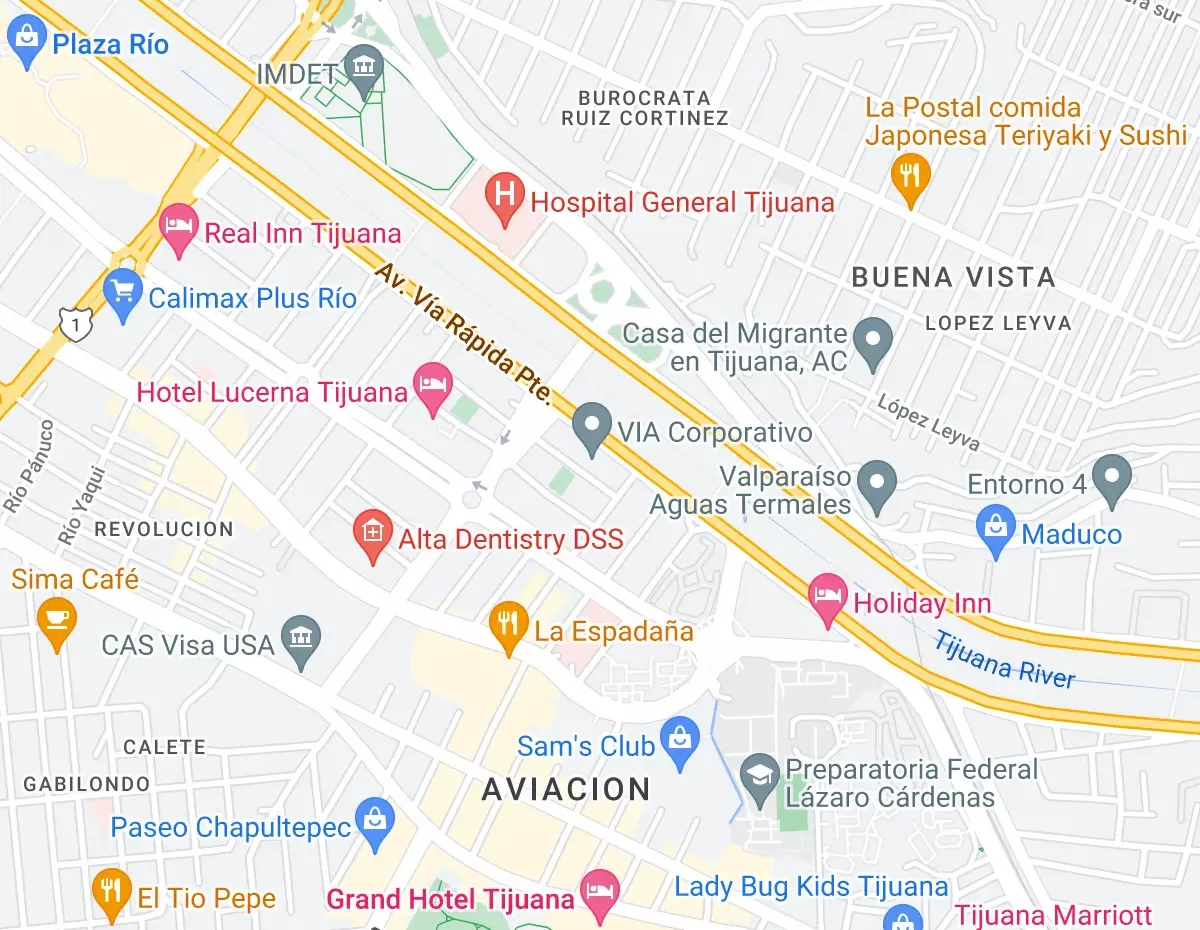You've heard about Ibogaine treatment for depression, but have you considered the long-term outcomes? Imagine a life where depressive symptoms are not just managed but greatly reduced. Picture a future with enhanced mood stability and a renewed sense of purpose. Ibogaine therapy claims to offer just that - a holistic approach to mental health that addresses the root causes of depression. But is it all as promising as it seems? Let's explore the reality behind these claims and find out.
Key Takeaways
- Ibogaine treatment has shown success in long-term depression management, as seen in individuals like John and Mary.
- After treatment, transformations in life quality and mental health are significant, contributing to a healthier post-depression life.
- Ibogaine therapy requires fewer sessions for long-lasting results than traditional treatments, aiding in sustained recovery.
- Potential risks after treatment include post-treatment depression or anxiety; constant consultation with healthcare professionals is crucial.
- The future of Ibogaine therapy is promising, but it depends on legality, therapist perspectives, and ongoing research validating its effectiveness.
Understanding Depression: The Basics
Despite the prevalence of depression, you might not fully grasp its complexities; it's more than just feeling down or blue - it's a serious mental health disorder that can impact every aspect of your life. Depression triggers can vary widely; they may be as diverse as traumatic life events, chronic illnesses, or even certain medications. It's not merely about one's circumstances; it's about a combination of genetic, biological, environmental, and psychological factors that intertwine in complex ways.
The mental health stigma associated with depression can make it even harder for you to seek help. You might feel judged, blamed, or misunderstood. You're not alone in this battle, though. It's okay to be vulnerable; it's okay to admit that you're not okay. Pushing past that stigma is one of the first steps toward recovery.
Understanding the basics of depression is critical, not just for those who are affected, but for everyone. It's important to break down the mental health stigma, acknowledge depression triggers, and promote a more empathetic and educated society. Remember, your depression does not define you. It's a part of your story but not your entire narrative.
Ibogaine Treatment: An Overview
You've likely heard of ibogaine treatment, but what exactly is it? Ibogaine is an indole alkaloid derived from the African shrub Tabernanthe iboga. It has been used in spiritual ceremonies for centuries. In recent years, it's garnered attention as a potential treatment for a range of conditions, including depression, PTSD, and substance addiction.
Now, let's touch on ibogaine's regulatory status. Ibogaine's legal status varies around the globe. In the United States, it's classified as a Schedule I drug. However, in other places, such as Canada and Mexico, ibogaine clinics operate legally, offering treatment to those in need.
This brings us to treatment accessibility. Given its regulatory status in some countries, accessing ibogaine treatment can be challenging. It often involves extensive and time-consuming traveling. However, if you're committed to exploring this unconventional route to mental health, there are resources available to navigate the complexities of ibogaine treatment. Be aware, though, that it's important to seek treatment at a reputable clinic, given the potential risks associated with ibogaine use.
The Science Behind Ibogaine
You might be curious about what makes Ibogaine tick. Let's examine its chemical components to understand how this therapy works. It's more complex than it sounds, so let's break it down.
Ibogaine's Chemical Components
To truly grasp how ibogaine works, it's important to understand its chemical components.
- Ibogaine is a naturally occurring psychoactive substance derived from the root bark of the African shrub Tabernanthe iboga.
- It's a complex molecule with multiple rings and functional groups that interact with various receptors in your brain.
- Despite its indigenous usage for spiritual and healing practices, ibogaine legality is a complex issue. In some countries, it's classified as a controlled substance due to its potent psychoactive effects.
- The key chemical component of ibogaine is an indole alkaloid, which gives it its unique therapeutic properties.
Understanding these chemical components can help you appreciate the potency and potential of this intriguing substance.
Mechanism of Ibogaine Therapy
Delving into the science behind Ibogaine therapy, it's important to understand that this substance works by interacting with various neurotransmitter systems in your brain. This interaction helps reset and normalize your brain's chemistry, making it a powerful tool in addiction management. Ibogaine targets opioid receptors, reducing withdrawal symptoms and cravings for drugs. It's also believed to rewire harmful patterns in your brain, fostering a mental reset that can facilitate long-term recovery. However, you should be aware of Ibogaine's legality issues. While it's a promising treatment, it's not legal everywhere due to potential health risks and its psychoactive properties. Hence, always consult with a healthcare professional before starting any treatment. Remember, understanding the mechanism is key to maximizing its potential benefits.
Post-Ibogaine Life Transformation
Building on the experiences of John and Mary, it's interesting to explore further the life-altering transformations that individuals often experience post-Ibogaine treatment.
- Ibogaine accessibility: The first hurdle was getting access to Ibogaine. With its limited availability, you may have had to travel abroad or find a reliable source online, which is challenging but worth it for the potential life change.
- The Treatment: The treatment itself can be intense, but it's just the beginning of your journey.
- Post-treatment support: The real work begins after treatment. It's about rebuilding your life; a strong support system is vital in this phase.
- Life transformation: Finally, you'll notice changes in your perspective, relationships, and overall quality of life. You're not just surviving anymore but thriving, free of the crippling weight of depression.
Comparisons to Traditional Treatments
Compared to traditional treatments, ibogaine's approach and outcomes might be distinctly different. It offers alternative approaches that have proven to be effective for many individuals.
- Treatment Duration: Traditional treatments often require continuous use over an extended period. Ibogaine, on the other hand, often requires only a few sessions for long-term results.
- Side Effects: Ibogaine tends to have less severe side effects compared to conventional drugs, which could have long-term physical and psychological impacts.
- Holistic Healing: Ibogaine doesn't just mask symptoms; it targets the root cause of depression, providing a more holistic healing approach.
- Treatment Accessibility: Traditional treatments often require regular doctor visits and prescriptions. Ibogaine can be administered in a controlled setting with a one-time dosage, making it a more accessible option for some.
The Future of Ibogaine Therapy
Looking ahead, you might be curious about the future of ibogaine therapy. One key issue shaping ibogaine's future is its regulatory status. Currently, the classification of ibogaine varies globally, but as more research validates its effectiveness in treating mental health disorders, there's a growing chance that its status might evolve. This could increase accessibility and, in turn, help more people benefit from its therapeutic properties.
Therapist perspectives also play an important role in shaping ibogaine's future. Many therapists are already voicing their support for its use, citing its potential to help patients who haven't responded to traditional treatments. However, others express concerns and advocate for controlled and monitored usage of ibogaine, ensuring its efficacy is managed responsibly.
All in all, the future of ibogaine therapy is a confluence of factors: its regulatory status, therapist perspectives, scientific research, and patient experiences. With continued study and open dialogue, ibogaine might become a well-accepted tool in the fight against mental health disorders.
Conclusion
So, you've discovered the potential of Ibogaine treatment for depression and heard about some incredible success stories. While risks are involved, the benefits compared to traditional treatments are truly transformative. The future of Ibogaine therapy is promising, just like your own future could be. Remember, in this battle, you are not alone. There is always hope; with Ibogaine, you may finally find the peace you seek. Here's to a brighter, healthier future ahead. You deserve it.
At New Roots Ibogaine, we believe in your journey towards wellness and are here to support you every step of the way.




